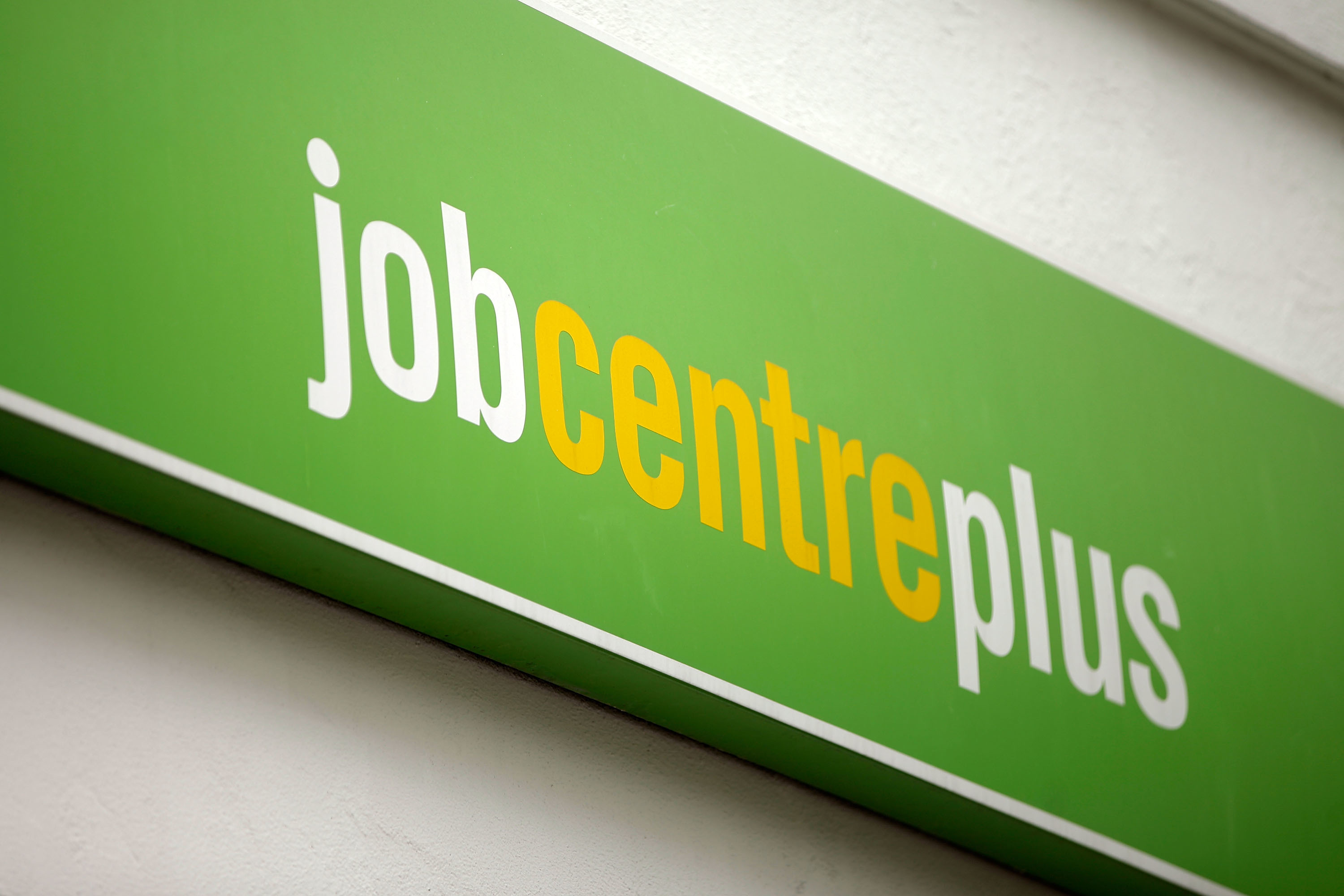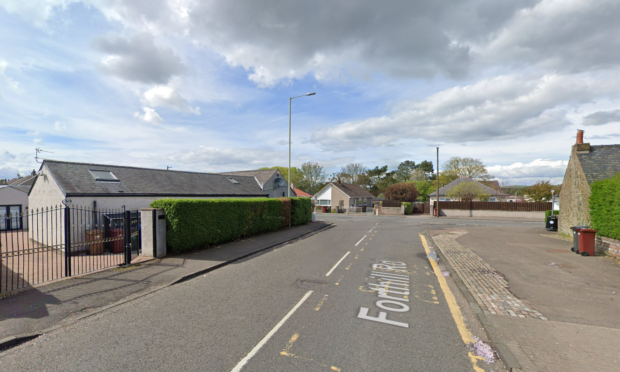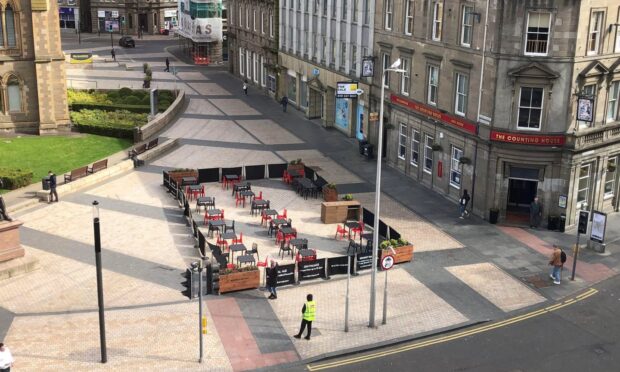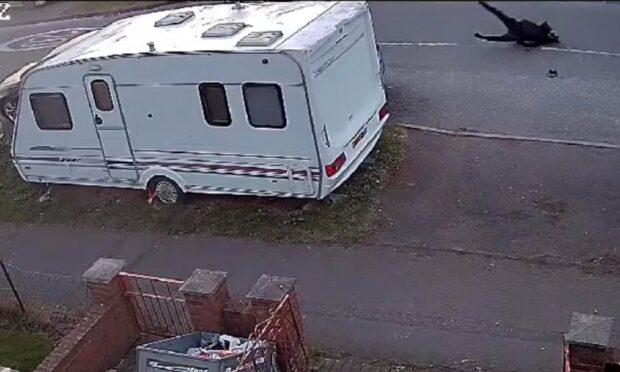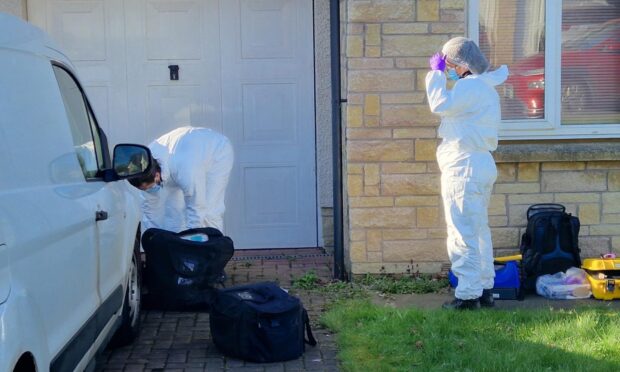Dundee has the lowest employment rate of any city in Britain and the figure is slipping year-on-year, new analysis shows.
The City of Discovery has an employment rate of just 63.5%, more than 10 percentage points behind the British average.
Analysis of Government figures scrutinising data covering up to 2015 highlights a growing issue of unemployment in the city.
However, more recent statistics show the problem has worsened once more.
In September 2016, the city had an employment rate of just 63.2%.
Research carried out by the Centre for Cities – an independent research organisation which examines the performance of urban centres across Britain – shows Dundee is falling behind other cities nationwide.
The lowest employment rate for the city in recent years was in March 2014 when 59.2% was recorded.
Things then improved until March 2015, when they began to decline once more.
Its best rate was in June 2011 when it matched the then-Scottish average of 70.9%.
According to statistics from 2016, 5,200 people in the city are currently unemployed. 4,200 of them are male.
A total of 63,200 people are in employment, of whom the majority are female.
Currently, 29,600 people in the city are described as not economically active meaning they are neither employed nor officially unemployed.
Of this figure, 8,200 are students, 6,800 are looking after family or their home, and 8,000 are suffering long-term illness.
A total of 9,400 economically inactive people in the city would like a job, while the remaining 20,200 would not.
Further analysis by the Centre for Cities shows population growth in Dundee is also grinding to a halt, with just a 0.1% rate of growth between 2014 and 2015.
It is thought this may have contributed to a decrease in house prices, which are down an average of £800 between 2015 and 2016 to an average of £130,500.
Dundee City Council leader Ken Guild said: “We have launched our Cities Deal and one key part of that is to attract inward investment into the city and work with the surrounding areas.
“Westminster is simply brushing Scotland’s vote to stay in the EU aside but it certainly does matter in Scotland and Dundee.”
“One of the key parts of the deal is to try to use the port facilities to build jobs in the North Sea recycling industry.
“Some 2,000 new jobs have come into the city in the last few years.”
